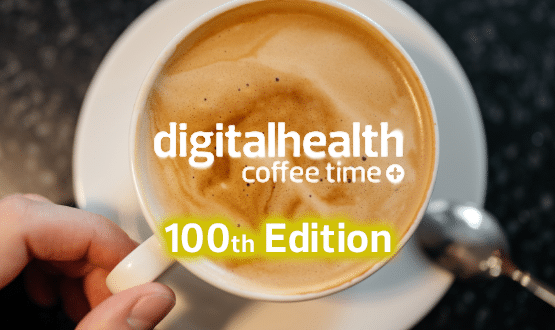IT may solve feedback problems on cancer referrals
- 23 August 2005
A study published in the European Journal of Cancer Care about feedback given to GPs who refer patients with ovarian cancer has found that GPs can wait over a month for feedback about their patients, and would be better served by a central electronic record or even faxes.
A selection of GPs in Cambridgeshire expressed concern that they had not been kept up-to-date on how their patient was coping, the inpatient care that they had received and any problems, even though on a number of occasions patients might attend the surgery the day after their discharge. It could take up to 27 days for a dictated letter to be typed, and a further eight days for it to arrive with the GP.
Although the GPs recognised that hospital doctors work in busy environments dictating letters, they stressed that the time taken to dictate and then send letters could be bypassed with a phonecall, e-mail or fax.
The study authors added: "The proper solution might be the universal electronic patient record/notes, with access for both the consultant and GP. This has been technically possible for a decade or so, and is in use in the USA, New Zealand and elsewhere."
One GP interviewed suggested the use of a simple, structured three-line fax saying: "This is the issue, this is the solution, this is what we want you to do, Mrs X might come and see you tomorrow about it". Lateness of communication was also an issue, the study found, with the most common time lag being eight days between typing and dictation and a further eight days to arrive with the GP.
Another problem experienced by GPs that may be solved by structured communications such as e-mail or patient records is the type of information being sent by hospitals, which was sometimes more detailed than necessary and lacked other vital information.
GPs interviewed felt that e-mail and faxes were useful although there were issues of patient confidentiality. Patient-held records were cited by the study as not being as effective conduits of information in cancer and palliative care as they are in obstetrics and child health.
In the case of the withdrawal of oncology treatment and the patient’s case becoming terminal, GPs said they needed to be given prompt notification and good information to care for the patient in the community, with one GP saying he had not heard that one patient had died until three days after the event.
The abstract of the study, which is entitled ‘Barriers to effective communication across the primary/secondary interface: examples from the ovarian cancer patient journey (a qualitative study)’, can be found here.



